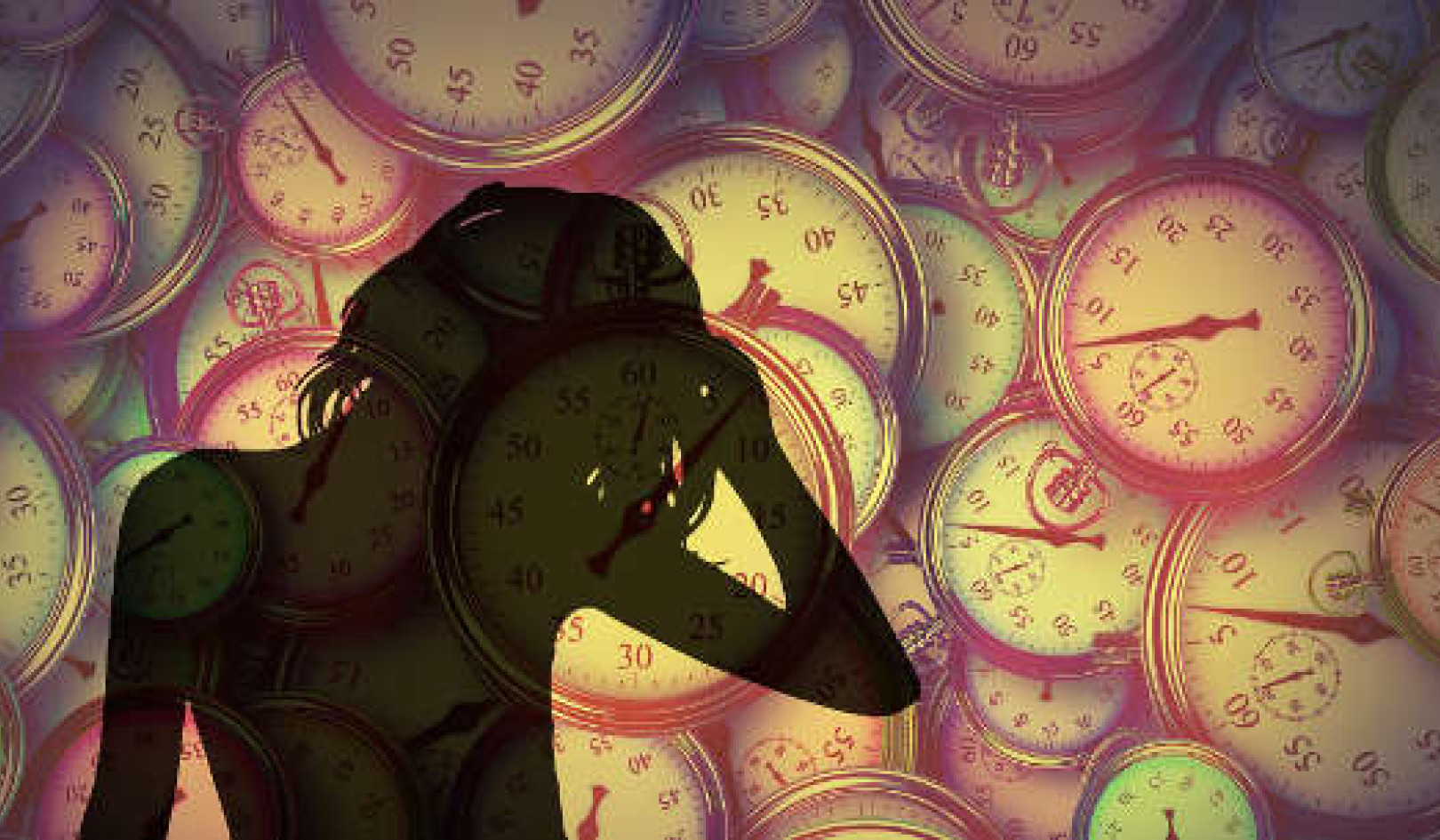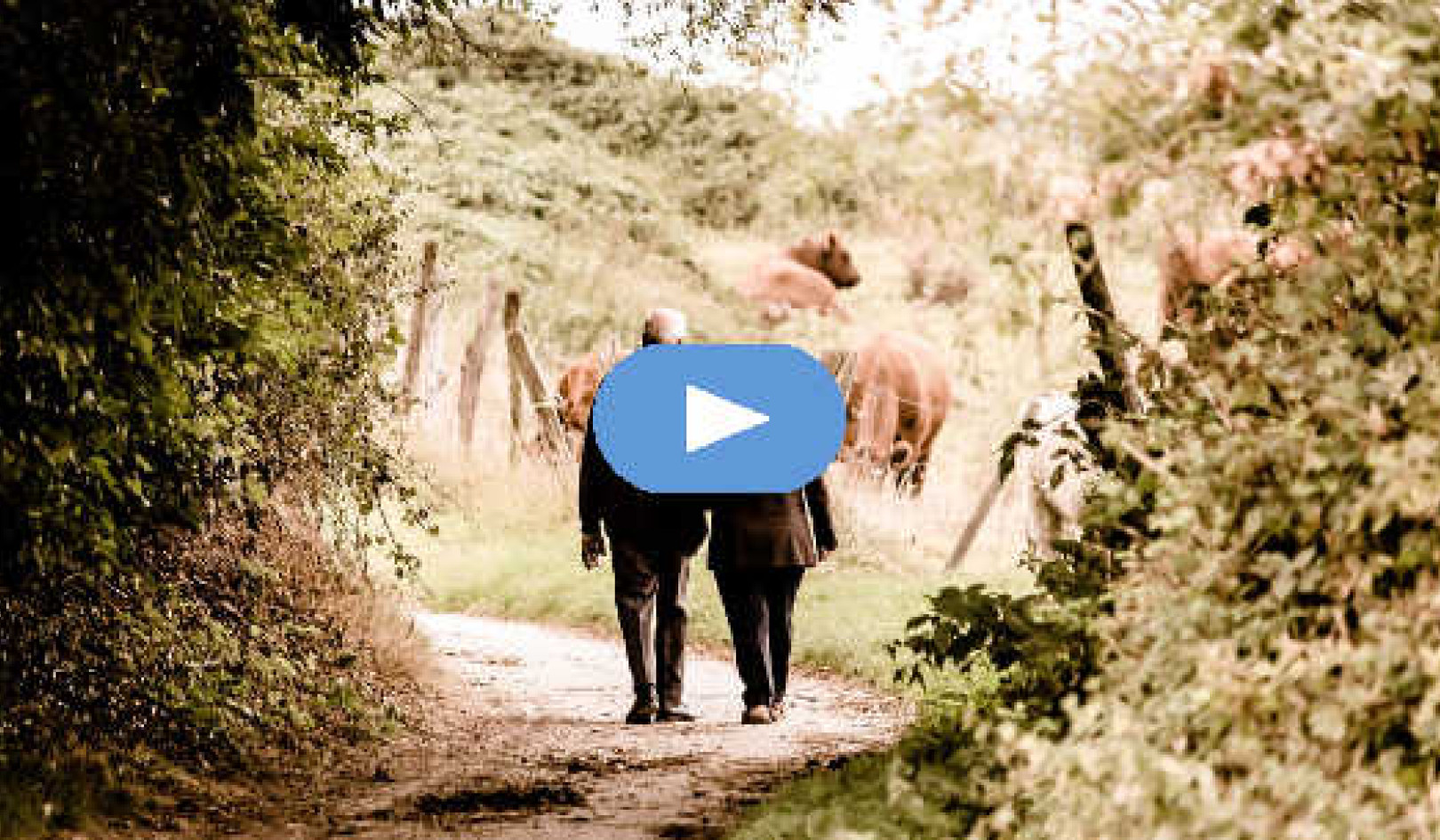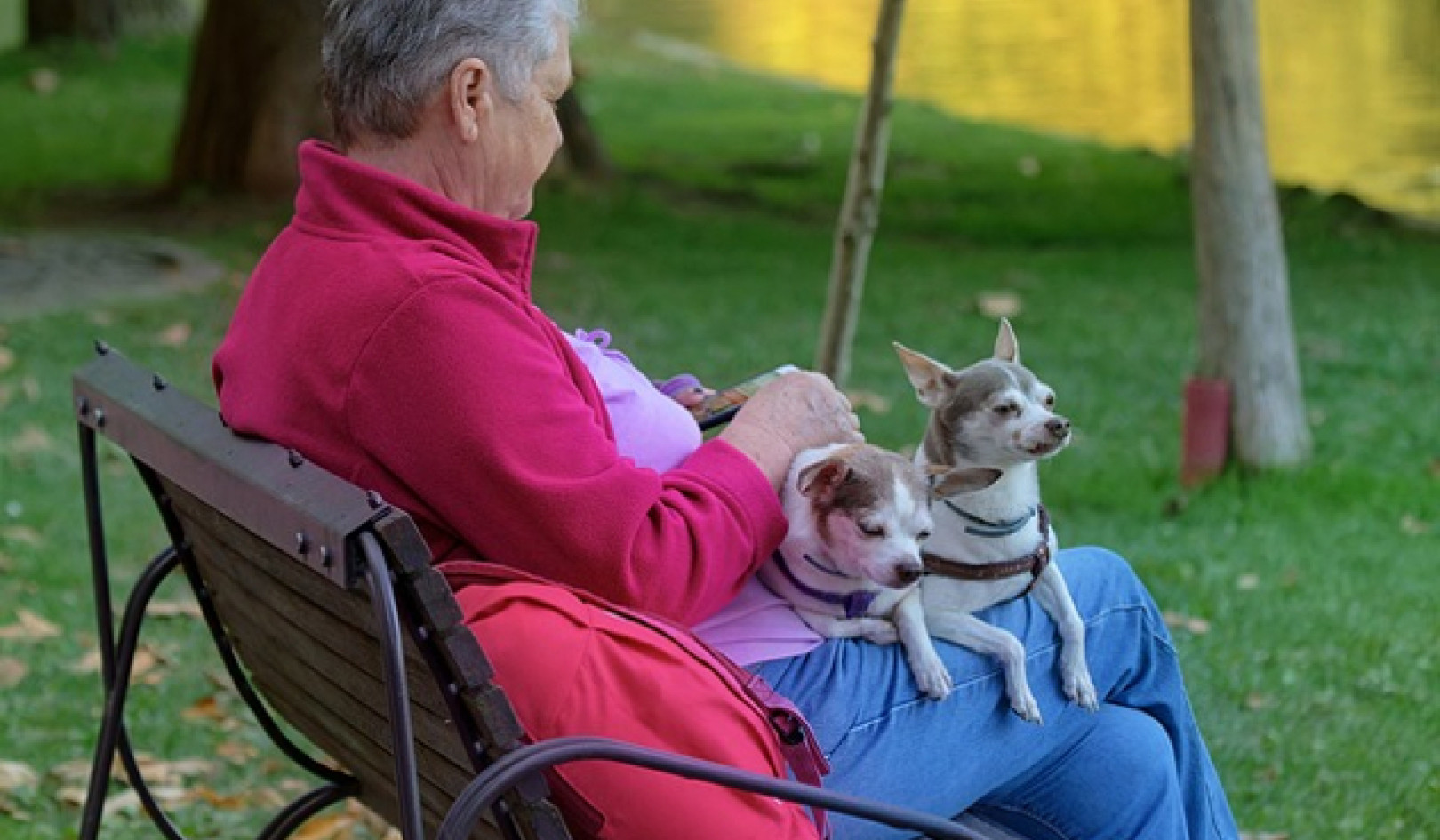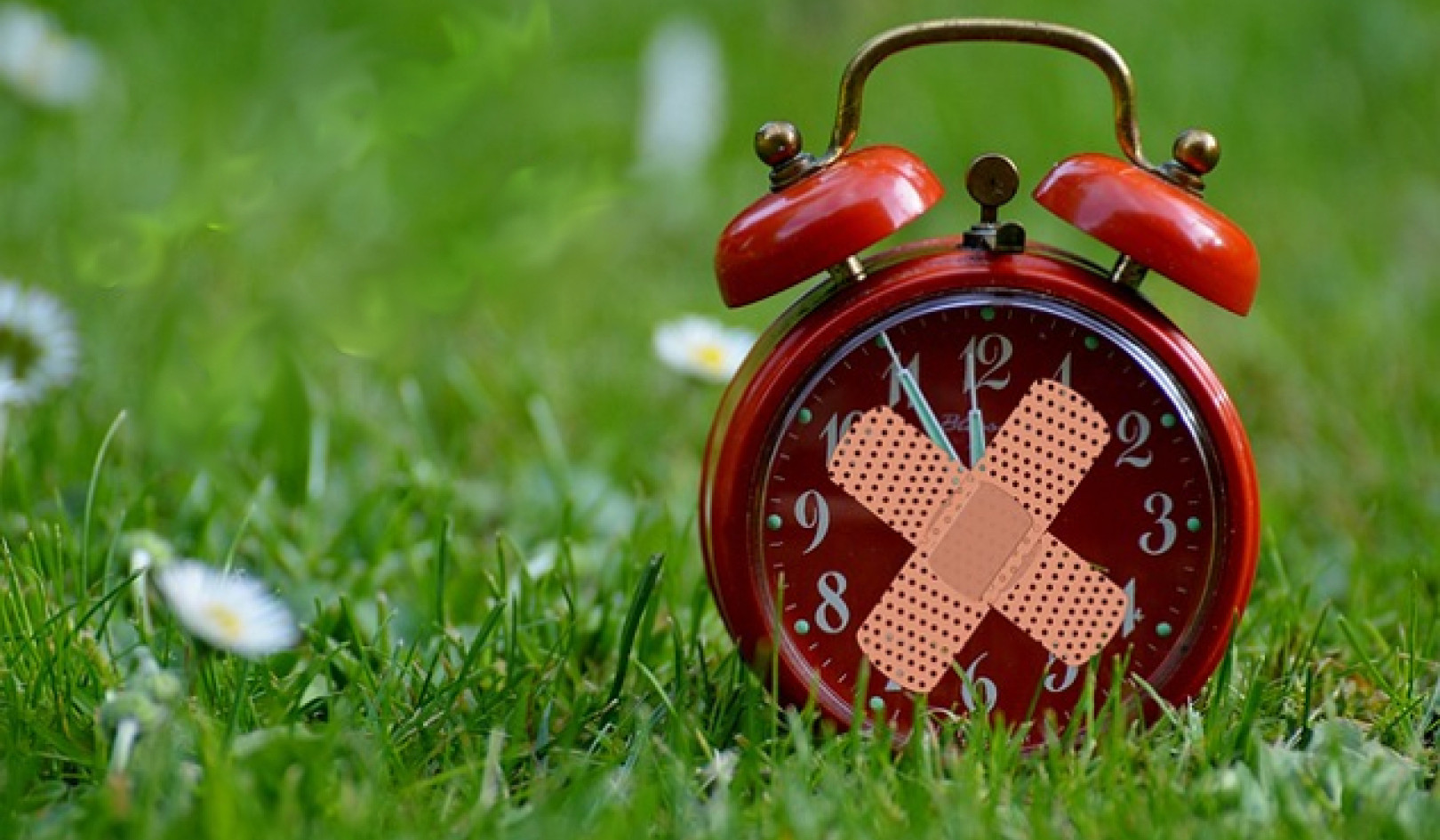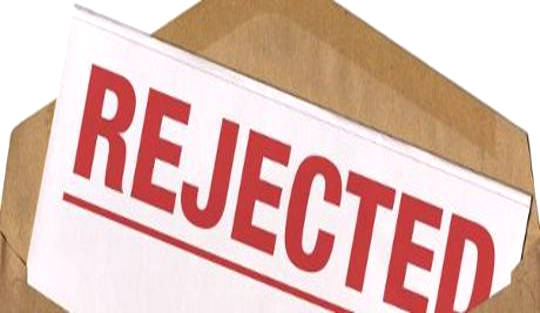
Shame is an unhealthy and extremely toxic emotion that makes a person very sick inside. It plays out in families and in society in a self-destructive and violent way, and it is at the root of addiction as well as all forms of abuse. It is the psychological cause behind our society’s overflowing jail cells and broken families. If we could heal the darkness of the shame that warps and distorts the health of individuals and groups of people all around us, we’d lay the groundwork for a whole new collective experience.
While guilty people feel they have done something bad or wrong, shame-filled people feel that who they are is bad and wrong. Shame says to us: Who do you think you are? You’re no good! You’re unworthy and undeserving. The real you is defective, and you must hide your real self at all costs lest people see it and abandon you.
Shame Creates a False Identity
In a way, shame is a case of false identity, because it is like a core of darkness that lives inside us where the light of the soul should be. Instead of identifying ourselves with the strength and energy that is in our souls, we identify with the dark, broken identity that shame has created. We spend an enormous amount of energy hiding from ourselves and from others.
People who are afflicted with shame have difficulty getting their needs met in life and in relationships, because they cannot accept their own needs. They cannot receive goodness, because they believe that they do not deserve anything. Shame-based people are afraid of intimacy, are socially isolated because they cannot bear the possibility of being seen, and cannot stand being challenged. They may be hypersensitive and defensive, unable to take even mild criticism from someone else because they generalize it to make their whole selves wrong.
People who are unconsciously steeped in shame and a sense of worthlessness may be aggressive and attack others because they are projecting their own shame outward everywhere — trying to be the punisher instead of the punished. Shame is like a “hot potato” people toss to others, lest they be the ones caught being bad and wrong.
Shame: Unhealthy Experiences That Were Never Healed
 There are many reasons that people become shameful, all of them rooted in hurtful experiences that were never healed: experiences of being overpowered, violated, or forced to do and be things that they didn’t want to do or be. The worst cases involve interpersonal atrocities like physical or sexual abuse carried out by loved ones. Chances are those perpetrators are desperately caught in the cycle of shame themselves.
There are many reasons that people become shameful, all of them rooted in hurtful experiences that were never healed: experiences of being overpowered, violated, or forced to do and be things that they didn’t want to do or be. The worst cases involve interpersonal atrocities like physical or sexual abuse carried out by loved ones. Chances are those perpetrators are desperately caught in the cycle of shame themselves.
Here are some examples of experiences that may cause shame:
• Being exposed, laughed at, or humiliated by a more powerful person or a group
• Being labeled and marginalized by a group as “different”
• Being cast out or sent away
• Being abandoned by primary caregivers when young
• Chronic physical or emotional neglect
• Repeated failures in a public situation
• Serial misfortune: if people have enough bad luck events in a row, they may start to think there’s something wrong with them.
• Being blamed by others for their misfortune
• The doctrine of original sin and the fall/redemption theology of the Catholic church
• Shame-based family systems: such systems teach shame every day, repeatedly reinforcing the message, >You’re no good! You don’t deserve anything. This can be said in words or carried implicitly in the attitudes and behaviors of the family.
• Shame-based schools and institutions: some rigid fundamentalist schools, some military units, some jails, the welfare system, the immigration deportation department.
• The collective experience of being a conquered people
Shame is a Self-Destructive and Toxic Liar
Shame is a liar. Have you ever seen a “bad” infant? I haven’t. We are each born pure and good, and our essences retain that innocence and purity inside, despite our bumpy journeys and all the “hits” our personalities have taken. Spirit still sees us as precious, innocent children who are mastering our developmental tasks.
 What if we looked at our own adult struggles with the same affectionate delight and encouragement with which we watch a precious toddler learning how to walk? Toddlers stagger forward, fall down over and over again, cry with frustration, and reach for a hug and a kind word. Then they get up and try it again and again, until it is mastered. Onward! To the next learning task!
What if we looked at our own adult struggles with the same affectionate delight and encouragement with which we watch a precious toddler learning how to walk? Toddlers stagger forward, fall down over and over again, cry with frustration, and reach for a hug and a kind word. Then they get up and try it again and again, until it is mastered. Onward! To the next learning task!
Our psychological and spiritual journeys are just like that. Spirit watches us with bemused encouragement, holding us blameless, and It reaches down to lift us up when we raise our arms in frustration and cry out. When we are sufficiently comforted and have released our stress, we toddle forward again.
How to Heal Self-Destructive Shame
How to heal your shame:
1. Decide it’s OK to feel good about yourself.
2. Start to recognize the voice of shame as a liar.
3. Take a fierce stand against the voice of shame within: shout it down! Say a new truth.
4. Take a walk, go work out, punch a punching bag—expel the energy of shame with movement and vigorous positive thoughts (say them out loud, if you can).
5. Identify a few formative experiences in your earlier years that installed the energy of shame.
6. Heal, through forgiveness, each one of those formative experiences.
7. Do some inner child work and traumatic stress work if necessary.
8. Conduct a self-esteem campaign for a full year.
9. Work with a therapist or group to say your truths without shame and to practice revealing your real feelings.
Reprinted with permission of the publisher,
Beyond Words Publishing, a division of Simon & Schuster, Inc.
©2011 by Mary Hayes Grieco. www.beyondword.com
Article Source
unconditional FORGIVENESS: A Simple and Proven Method to Forgive Everyone and Everything
by Mary Hayes Grieco.
 Forgiveness is about more than just letting go. It’s about healing wounds and wiping away scars. It’s about feeling better — physically and emotionally. It’s about living your life with purpose and truly moving forward. Mary Hayes Grieco offers the Eight Steps to Freedom, a simple, effective eight-step program that teaches readers how to completely forgive in order to achieve both emotional and physical well-being.
Forgiveness is about more than just letting go. It’s about healing wounds and wiping away scars. It’s about feeling better — physically and emotionally. It’s about living your life with purpose and truly moving forward. Mary Hayes Grieco offers the Eight Steps to Freedom, a simple, effective eight-step program that teaches readers how to completely forgive in order to achieve both emotional and physical well-being.
Click here for more info on "unconditional FORGIVENESS" and/or to order the book.
About the Author
 Mary Hayes Grieco has taught her powerful method of forgiveness in a wide variety of venues since 1990. With her background in psychology, and her ten years of intensive personal training with Dr. Edith Stauffer PhD, Mary has refined her method of forgiveness, as well as the way it is taught in workshops, making this life-changing process accessible to everyone. She spoke at the Nobel Peace Prize Forum in 2005 and is currently scheduled to present her forgiveness work in Kuwait in March, 2012. Mary has served on staff at the Hazelden Treatment Center for over sixteen years, and at The University of St. Thomas' Management Center. She is the director and lead trainer of The Midwest Institute for Forgiveness Training, providing programs for the general public, for mental health professionals, for future trainers of this work, and serious students of self mastery. Visit her website at www.maryhayesgrieco.com
Mary Hayes Grieco has taught her powerful method of forgiveness in a wide variety of venues since 1990. With her background in psychology, and her ten years of intensive personal training with Dr. Edith Stauffer PhD, Mary has refined her method of forgiveness, as well as the way it is taught in workshops, making this life-changing process accessible to everyone. She spoke at the Nobel Peace Prize Forum in 2005 and is currently scheduled to present her forgiveness work in Kuwait in March, 2012. Mary has served on staff at the Hazelden Treatment Center for over sixteen years, and at The University of St. Thomas' Management Center. She is the director and lead trainer of The Midwest Institute for Forgiveness Training, providing programs for the general public, for mental health professionals, for future trainers of this work, and serious students of self mastery. Visit her website at www.maryhayesgrieco.com
Books by this Author
at InnerSelf Market and Amazon






















